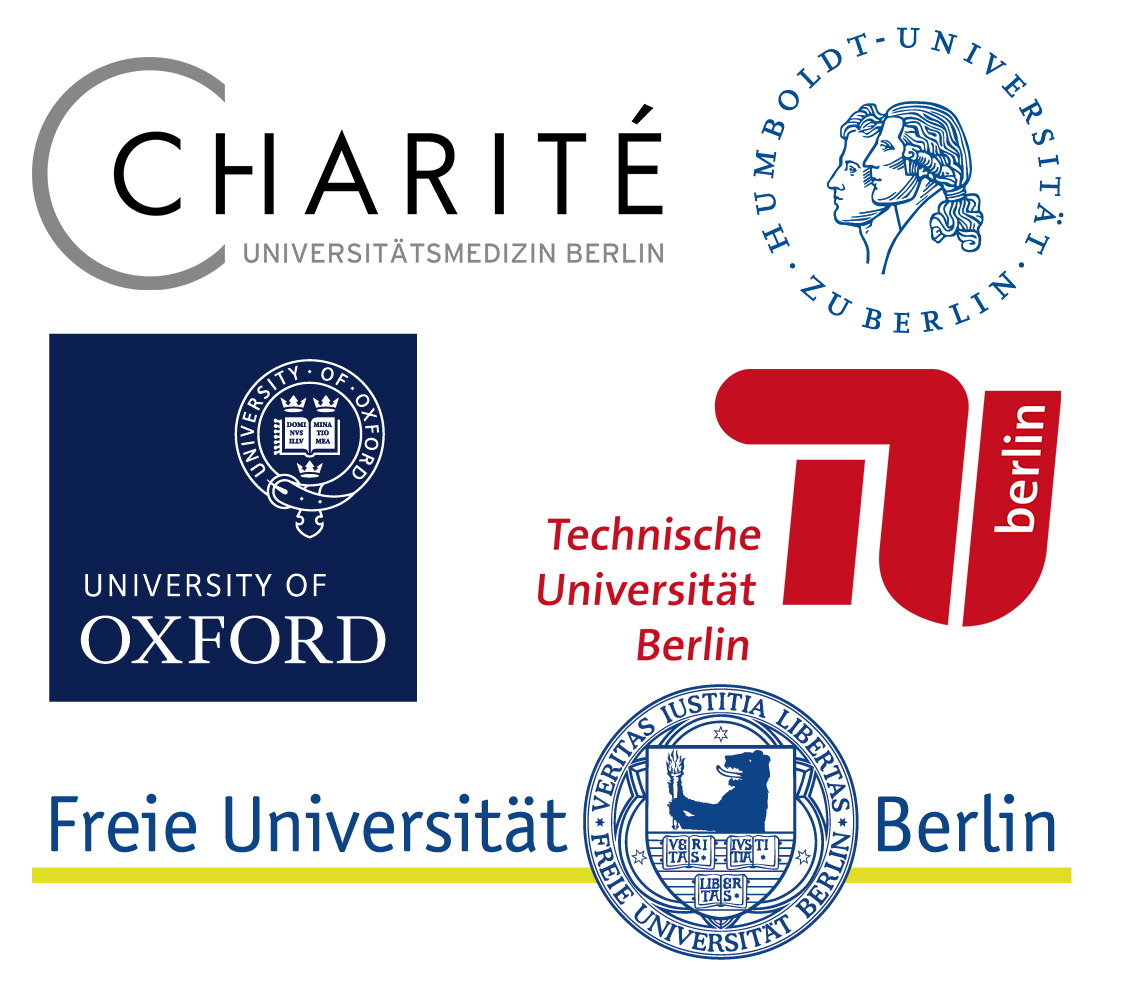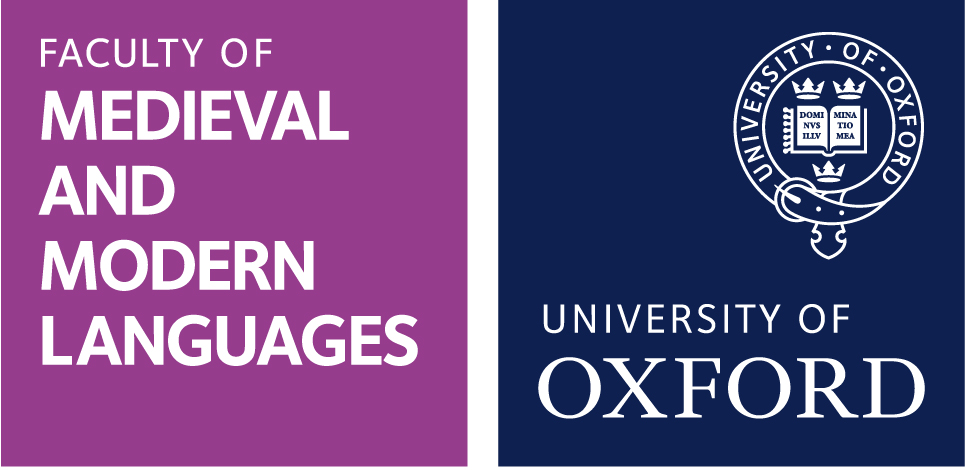ZfL INFO 63/2022: Walter Benjamin in the East – Networks, Conflicts, and Reception

Walter Benjamin in the East – Networks, Conflicts, and Reception
Venue: Leibniz-Zentrum für Literatur- und Kulturforschung, Schützenstr. 18, 10117 Berlin, Aufgang B, 3. Et.
[nbsp]
In late and post-Socialist contexts in Eastern Europe, the works of Walter Benjamin—a historical materialist thinker who travelled to the young Soviet Union in the 1920s—have incited various theoretical transfers, artistic engagements, and political appropriations. Benjamin’s ‘afterlife’ before and after the dissolution of the Eastern Bloc offers the possibility to map out manifold trajectories and networks of reception—ranging from research groups, artistic movements, and conferences, to translations, and publishing houses. Investigating their interactions allows us to decentralize the Eastern European space in going beyond a Moscow-based perspective on ‘Benjamin in the East.’ Conflicting receptions of Benjamin need to be studied in their specific geo-cultural, historical, and political contexts in order to show affinities and differences not only across languages and cultures. Tensions also occur in a variety of translational processes—transfers between theory, cultural practices, political activism, disciplinary fields, and vice versa.
[nbsp]
The conference brings together scholars, translators, artists, activists, and editors from across Europe to collaboratively historicize these transfers across Walter Benjamin’s works and their reception. In doing so, we will also reflect on real and imaginary constructions of the East/West divide. These are prevalent not only in European societies but can also be constitutive to specific Eastern/Western academic perspectives on Walter Benjamin as a disciplinary figure that crosses geo-cultural borders and boundaries.
[nbsp]
The event is free of charge. Please register in advance and specify the panels or sections that you want to attend under anmeldung@zfl-berlin.org.
[nbsp]
The conference is co-funded by the OX|BER Research Partnership, the ZfL Berlin, and the Research Training Group 1956 Transfer of Culture and Cultural Identity. German-Russian Contacts in the European Context.
 [nbsp][nbsp][nbsp][nbsp][nbsp][nbsp]
[nbsp][nbsp][nbsp][nbsp][nbsp][nbsp] [nbsp][nbsp][nbsp][nbsp][nbsp][nbsp]
[nbsp][nbsp][nbsp][nbsp][nbsp][nbsp] [nbsp][nbsp][nbsp][nbsp][nbsp][nbsp]
[nbsp][nbsp][nbsp][nbsp][nbsp][nbsp]
[nbsp]
Program
[nbsp]
Thursday, 7 Jun 2022
[nbsp]
13.30
- Sophia Buck (Oxford/ZfL), Caroline Adler (HU Berlin): Introduction
14.00 BENJAMIN’S EAST
- Pavel Arsenev (University of Geneva): Benjamin’s Reception of the East (and then back again)
- Iacopo Chiaravalli (University of Pisa): Benjamin on Soviet Art – A Neglected Interview in Its Proper Context
16.00 VISIT TO THE WALTER BENJAMIN ARCHIVE
- Introduction by Ursula Marx (only for speakers)
19.00 KEYNOTE
- Sergej A. Romashko (Moscow): Walter Benjamin / Moskau – Zwei Flächen eines Kristalls
[nbsp]
Friday, 8 Jul 2022
[nbsp]
10.00 RECEPTON UNTIL THE 1990s
- Martin Küpper (CAU Kiel): Die Zertrümmerung der Aura als Moment der kommunistischen Revolution – Über Walter Benjamins Einfluss auf den ästhetischen Funktionalismus in der DDR
- Konstantin Baehrens (University of Potsdam): Lukács liest Benjamin – Zwischen formaler Distanzierung und kritisch-realistischem Ernstnehmen
- Gábor Gángó (University of Erfurt): Walter Benjamin and the Budapest School
13.30
- Anna Zsellér, Károly Tóth (Elte Budapest): Kritik und Resignation – Möglichkeiten und Missstände der Benjamin-Rezeption in Ungarn bis 1989
- Anna Förster (ZfL): “A rather secretive affair” – Walter Benjamin in 1970s Czechoslovakia
15.30 ARTISTIC RESPONSES UNTIL THE 1990s
- Isabel Jacobs (Queen Mary University of London): Unmaking Art – Walter Benjamin’s Resurrection in Yugoslavia
- Deirdre Madeleine Smith (Deirdre Madeleine Smith): The Influence of Benjamin on the New Art Practice of Socialist Yugoslavia
18.30 KEYNOTE
- Oxana Timofeeva (St. Petersburg): Translating Benjamin from Theory to Practice – Russian Edition
[nbsp]
Saturday, 9 Jul 2022
[nbsp]
10.00 ARTISTIC RESPONSES SINCE THE 1990s
- Bogdan Popa (Transilvania University of Brașov): From Historical Materialism to Cultural Studies – Walter Benjamin and his Late Revival in Romanian Film Theory
- Anna Migliorini (University of Florence): Radu Jude’s Movie(s) and Benjamin
13.00 RECEPTION SINCE THE 1990s
- Markus Bauer (Berlin): Mimetische Lektüren Europas – Walter Benjamin und Rumänien
- Adam Bžoch (Slovak Academy of Sciences): Spuren einer Apparition / auratische Netzwerke – Annäherungsversuche an Benjamin in der Slowakei um und nach der Jahrtausendwende
15.00 ROUNDTABLE | TRANSLATING (IN) THE EAST
- Kateryna Mishchenko (Ukraine)
- Adam Lipszyc (Poland)
- Christian Ferencz-Flatz (Romania)
17.00 CONCLUDING REMARKS
[nbsp]
[nbsp]
KEYNOTE SPEAKERS
[nbsp]
Sergei A. Romashko, geboren 1952 in Moskau, ist Philologe, Übersetzer und Aktionskünstler. Von 1976 bis 2012 war er Mitarbeiter der Akademie der Wissenschaften der UdSSR/Russland, von 2004 bis 2021 Dozent am Lehrstuhl für Diskurs- und Kommunikationstheorie an der Staatlichen Universität Moskau. Seit den 70er Jahren beschäftigt er sich intensiv mit Walter Benjamins Nachlass; Anfang der 90er Jahre folgten zahlreiche Übersetzungen und Ausgaben der Texte von Walter Benjamin in Russland (u.a. das Moskauer Tagebuch, 1997). Seit Mitte der 70er Jahre experimentelle künstlerische Aktivität im Rahmen der Gruppe “Kollektive Aktionen.” Romashko ist Übersetzer philosophischer, wissenschaftlicher und dichterischer Werke von Martin Luther bis Franz Mon.
[nbsp]
Oxana Timofeeva teaches philosophy at St. Petersburg, she is a member of the artistic collective “Chto Delat” (“What is to be done”), deputy editor of the journal “Stasis”, and the author of books Solar Politics (Polity 2022), How to Love a Homeland (Kayfa ta, 2020), History of Animals (Bloomsbury 2018), This is not That (In Russian, 2022), Introduction to the Erotic Philosophy of Georges Bataille (In Russian, 2009), and other writings.
[nbsp]
[nbsp]
ROUNDTABLE
[nbsp]
Kateryna Mishchenko is a writer, curator and publisher. She was the editor of Prostory, a magazine on art, literature and social critique. She is co-founder and editor of the Ukrainian publishing house Medusa. Kateryna Mishchenko curated exhibitions in the Galerie für Zeitgenössische Kunst Leipzig (GfZK) and the Visual Culture Research Center Kyiv (VCRC). She is co-author of the book Ukrainian Night (with Miron Zownir). Her essays appeared in international journals as well as in an anthology on the Euromaidan at Suhrkamp-Verlag (Euromaidan: Was in der Ukraine auf dem Spiel steht, 2014). Together with Miron Zownir she published Ukrainian Night – Ukraïnska nich with Spector Books Leipzig in 2015. From April to June 2022 she was a fellow at Wissenschaftskolleg zu Berlin. Starting in July 2022, she will be a fellow in the program area World Literature at the ZfL.
[nbsp]
Adam Lipszyc is the head of the Center for Psychoanalytic Thought based in the Institute of Philosophy and Sociology of the Polish Academy of Sciences. He teaches in the Graduate School for Social Research and at the Franz Kafka University of Muri. In his work, he focuses on the philosophical implications of psychoanalysis, philosophy of literature, as well as on the 20th century Jewish thought. Most recently, he published (in Polish) a book on Freudian thought (Freud: the Logic of Experience, 2019) and a book on Herman Melville (Melville: The Mardi Gras of Identity, 2022).
[nbsp]
Christian Ferencz-Flatz is a philosopher, working at the Alexandru Dragomir Institute for Philosophy. He also teaches at the National University of Theatre and Film in Bucharest. His works interweave phenomenology and critical theory with film- and media studies. He published numerous essays and research articles in philosophical and film scholarly journals and translated key theoretical works by Husserl, Heidegger, Adorno and Kracauer. He also translated into Romanian Walter Benjamin’s One Way Street (2014) and the critical edition of the Artwork essay (2015). He is currently preparing the Romanian edition of the Arcades Project.
[nbsp]
[nbsp]
[nbsp]
https://www.facebook.com/events/5541694422563540/
[nbsp]
Abb. oben: Buchcover von: Walter Benjamin: Moskovskij dnevnik [Moskauer Tagebuch], Moskva: Ad Marginem 1997, © Ad Marginem.